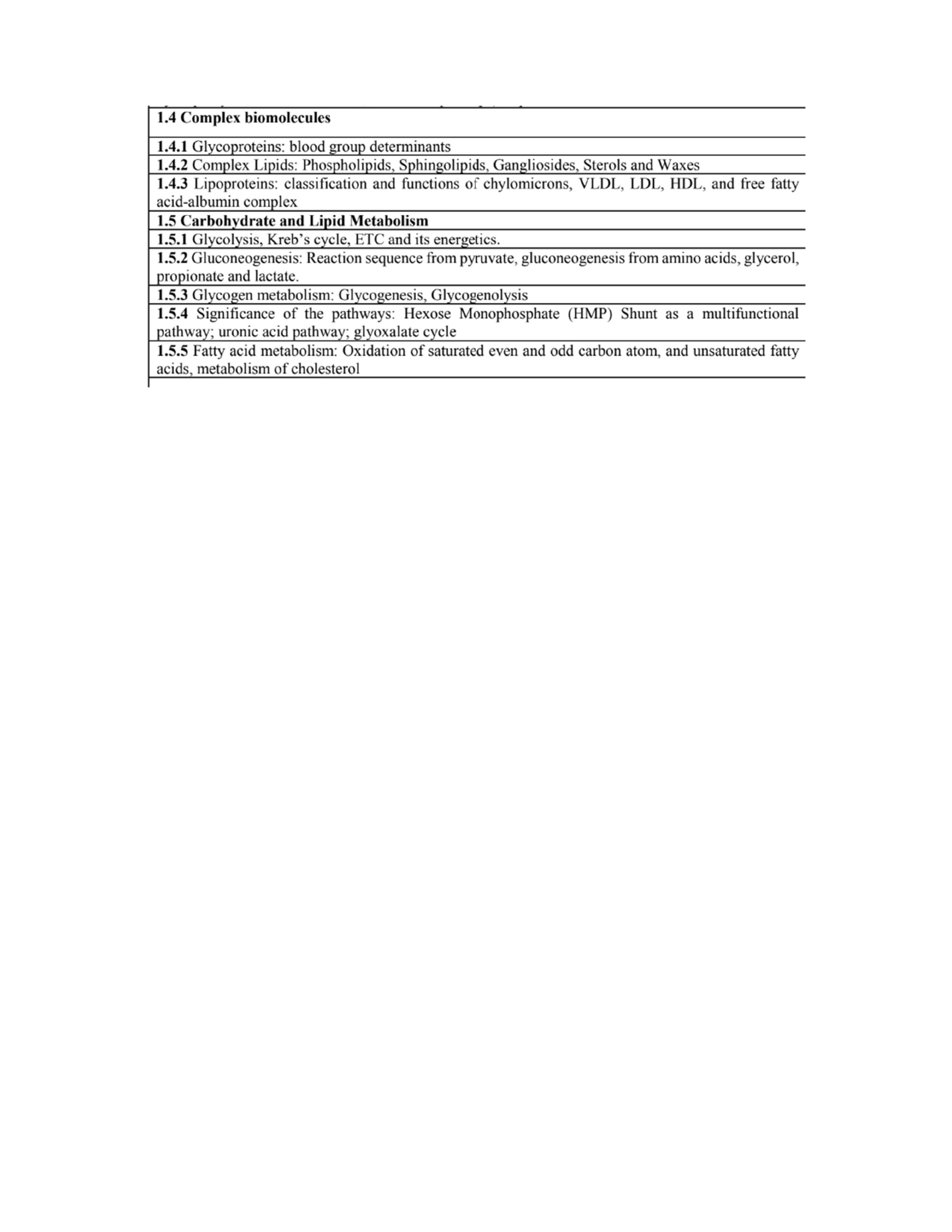
This course contains topics on Biochemistry for MSc Zoology Semester 2. This course is aligned with the NEP syllabus of UoM to be implemented from 2023-24 onwards.
This course deals with the classification, structure, properties, biological role and significance of carbohydrates, proteins, lipids and few vitamins.
Learning outcomes:
After completion of this course, the learners will be able to
- define micro and macromolecules and explain their formation and breakdown
- describe the classification of carbohydrates, their structure, isomerism and biological role
- explain the structure of proteins, their classification and functional role
- illustrate the properties and structure of lipids and their biological role
- outline the structure and biological role of vitamins A, B12, C and D
This course is aligned with the University of Mumbai S.Y.B.Sc. Zoology Semester IV Course IX USZO402 Paper 2 Unit 3 Biomolecules.
This course deals with the structure, types and functions of DNA and RNA. It deals with the basic experiments that prove DNA as the genetic material and RNA as the genetic material in viruses. The processes of DNA replication, transcription, translation and the characteristics of genetic code are explained. A brief account of one gene one polypeptide hypothesis and the operon concept are included.
Learning Outcomes:
After completion of this course, the learner will be able to
- describe the major experiments that prove the nature of genetic material
- explain the structure and components of nucleic acids
- enlist the functions of nucleic acids
- illustrate and explain the process of DNA replication, transcription and translation
- present an overview of operon concept
This course is aligned with the syllabus of University of Mumbai for S.Y. B.Sc. Zoology (2018-19 onwards) Semester III - Course V USZO301 Paper 1 Unit 3 - Nucleic Acids.
This course deals with the Basics of Enzymology - classification, nomenclature, mechanism of enzyme action, enzyme kinetic, inhibition and applications of enzymes.
Expected Outcomes:
- The learner will gain the basic knowledge about the structure, function, nomenclature and six classes of enzymes.
- The learner would have understood the derivation of Michaelis-Menten equation and Lineweaver-Burk equation.
- The learner will be able to differentiate the types of enzyme inhibition and the effect of factors affecting enzyme activity,
- The learner will be familiar with the concepts of regulation of enzyme activity by allostery, covalent modifications and isozymes.
This course is aligned with, but not restricted to, T.Y.B.Sc. Zoology Syllabus of University of Mumbai - Semester VI - Course 16 USZO602 Paper 2 Unit 1 - Enzymology